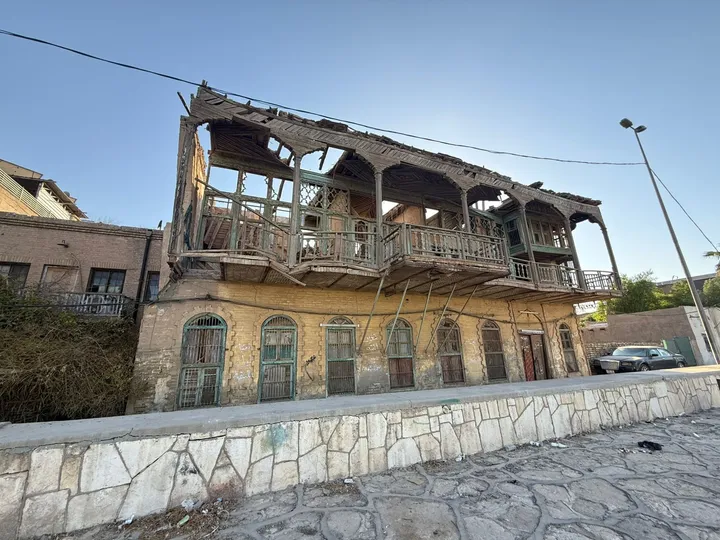Defending his decision to air Turkish drama series on state-run television, Pakistan's prime minister has said the blockbuster productions are being broadcast to educate and provide good role models to the people, particularly the youth.
In an interview with local broadcaster Hum News aired on Saturday night, Imran Khan said the airing of quality content like Turkish dramas was an attempt to provide alternative entertainment to the people.
Observing that the misuse of technology, like mobile phones, has "devastated" society, he said: "You cannot ban things, but you can provide alternative entertainment to the public."
PM Khan said Pakistan will try to produce quality productions such as Yunus Emre: Askin Yolculugu (Yunus Emre: The Journey of Love) and Dirilis: Ertugrul (Resurrection), which have enjoyed record viewership in the country and abroad.
Earlier this week, Khan had publicly recommended that people watch Yunus Emre: Askin Yolculugu to explore their interest in Sufism.
The blockbuster series is being broadcast under the title Raah-e-Ishq, meaning the path to love, with Urdu dubbing on the state-run Pakistan Television, which has already attracted a large viewership.
READ MORE: What’s behind the Ertugrul craze in Pakistan?
"I strongly recommend the serial Yunus Emre being shown on PTV for all those who are interested in Sufiism (Marayfat)," Khan said.
It follows the record-breaking historical drama Diliris: Ertugrul, which has taken Pakistanis by storm.
Already becoming a household name in the South Asian country, Ertugrul has set yet another record as its Urdu YouTube channel last week surpassed 10 million subscribers.
In 2013, Pakistani TV channels screened 11 Turkish-made TV series and two movies, with 34,000 tourists visiting Turkey that year.
The number jumped to 113,000 in 2018 and is estimated to exceed 120,000 by the end of this year.
READ MORE: 'Resurrection: Ertugrul' producer pitches for joint projects with Pakistan
Who is Yunus Emre?
Yunus Emre, also known as Dervis (Dervish) Yunus, was a folk poet and Sufi mystic whose exact date of birth is unknown, lived in Anatolia from the mid-13th century to the first quarter of the 14th century, according to various sources.
Writing his poems in the folk language, in which he described the divine love that every believer seeks, he played a role in the formation of the dialect called "old Anatolian Turkish," which constitutes the first phase of the historical cycle of the Turkish language.
Having lived in Anatolia, present-day Turkey, he was a very influential figure in Sufism and was considered a spiritual doctor, according to Kamil Saritas, a member of the Faculty of Theology at Eskisehir Osmangazi University and the head of the Yunus Emre Research Center.
Yunus Emre lived in the same era as great people such as Mevlana Jalaladdin Rumi, Haji Bektash Veli, Ahi Evran, Ahmed Fakih, Geyikli Baba and Seydi Balum, and his mentor was Tapduk Emre.
Carrier of Islam's messages
Saritas noted that Yunus Emre's work written in the mathnawi form – a poem based on independent, internally rhyming lines – titled "Risaletu'n-Nushiyye," includes religious and Sufi advice, while "Divan" consists of his poems that were widely read in Anatolia when he was alive.
Pointing out that he was very influential in Sufism with his short, concise, and effective sayings, Saritas said: "He has always been the carrier of Islam's messages of faith, love, hope, and justice that transcend time and space.
"Yunus Emre, who said 'Whoever dies is the animal, the lover does not die' continues to remain alive and keep people alive with his thoughts, even though it has been hundreds of years since he passed away."
























